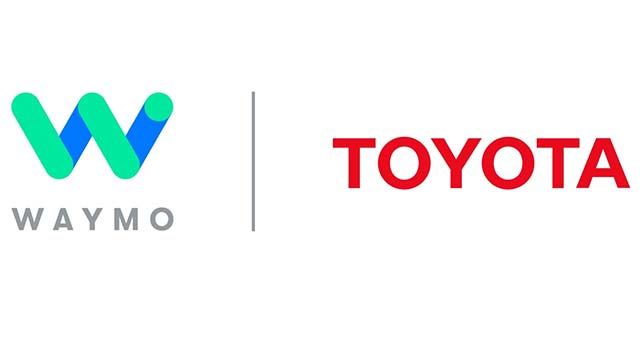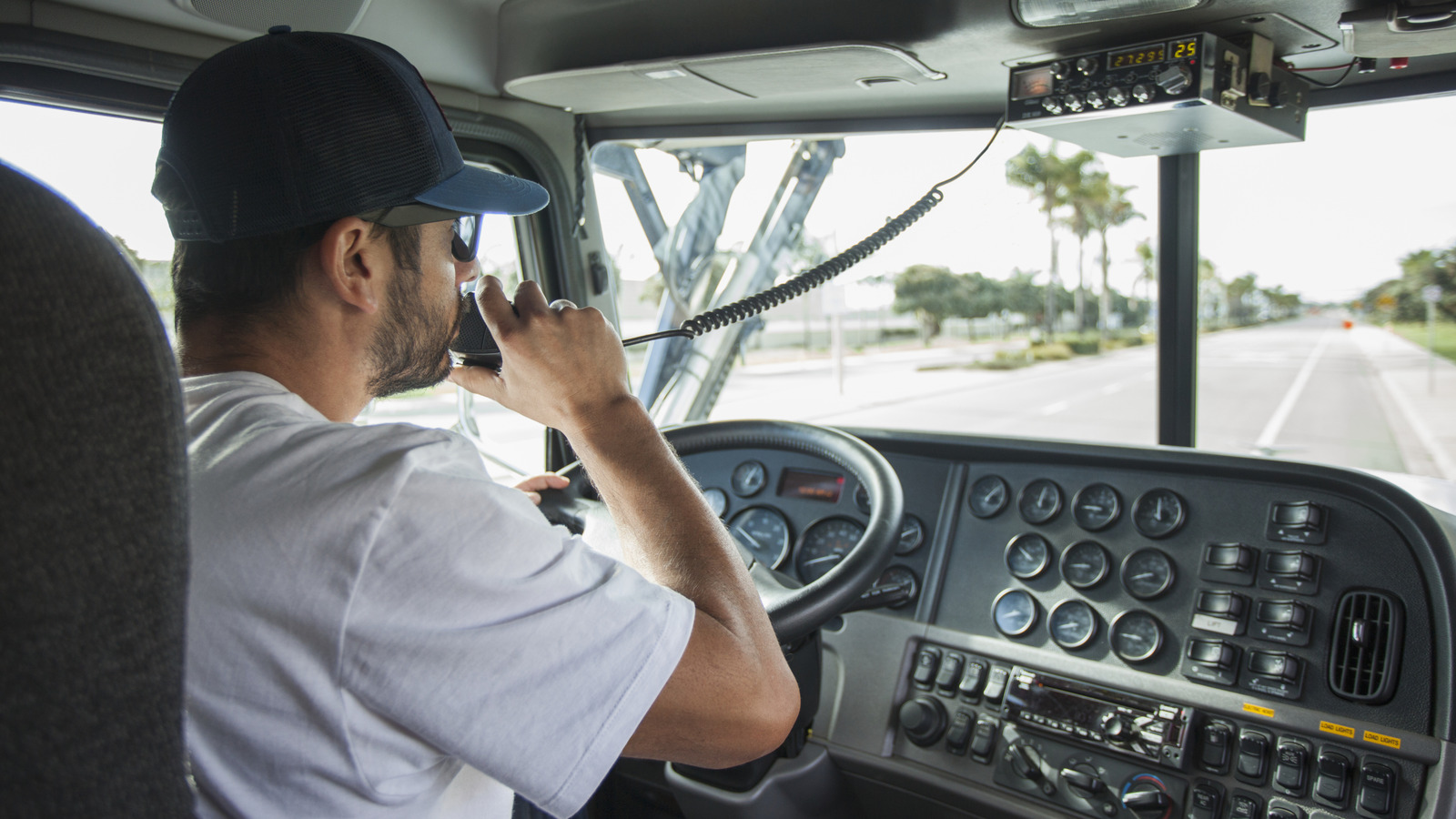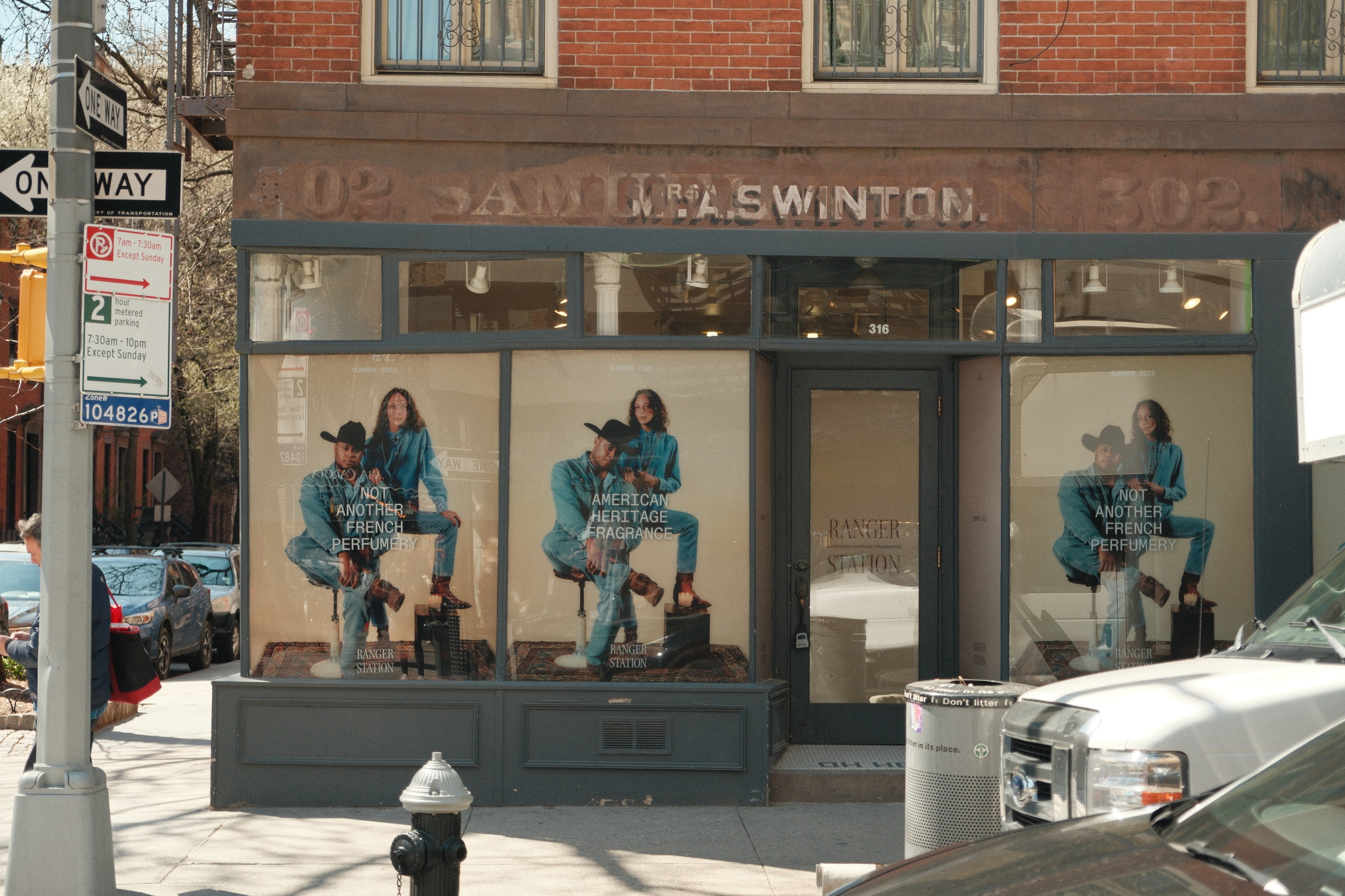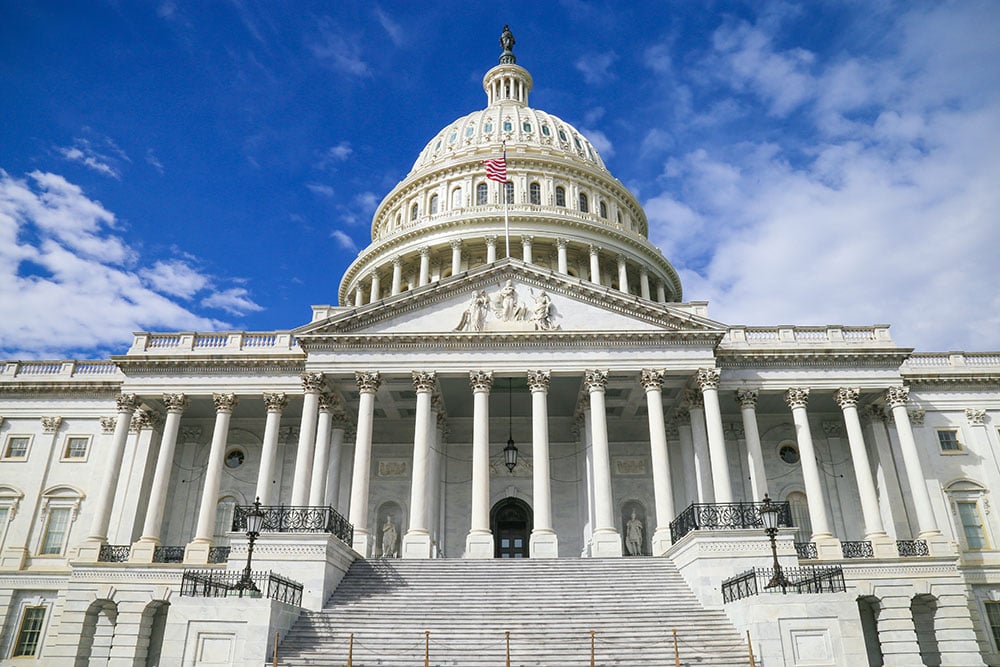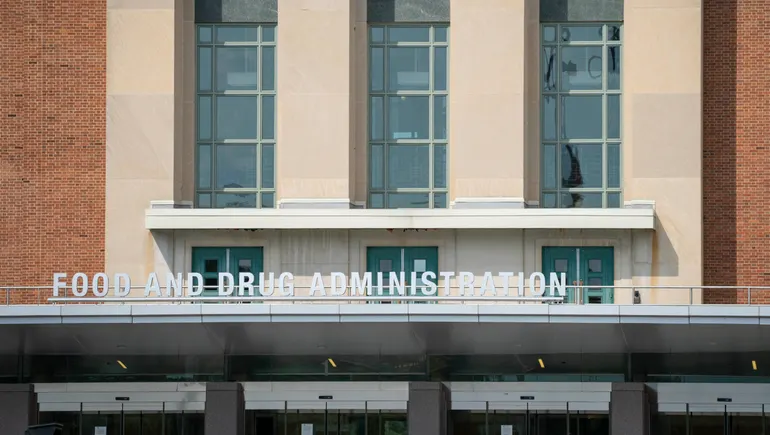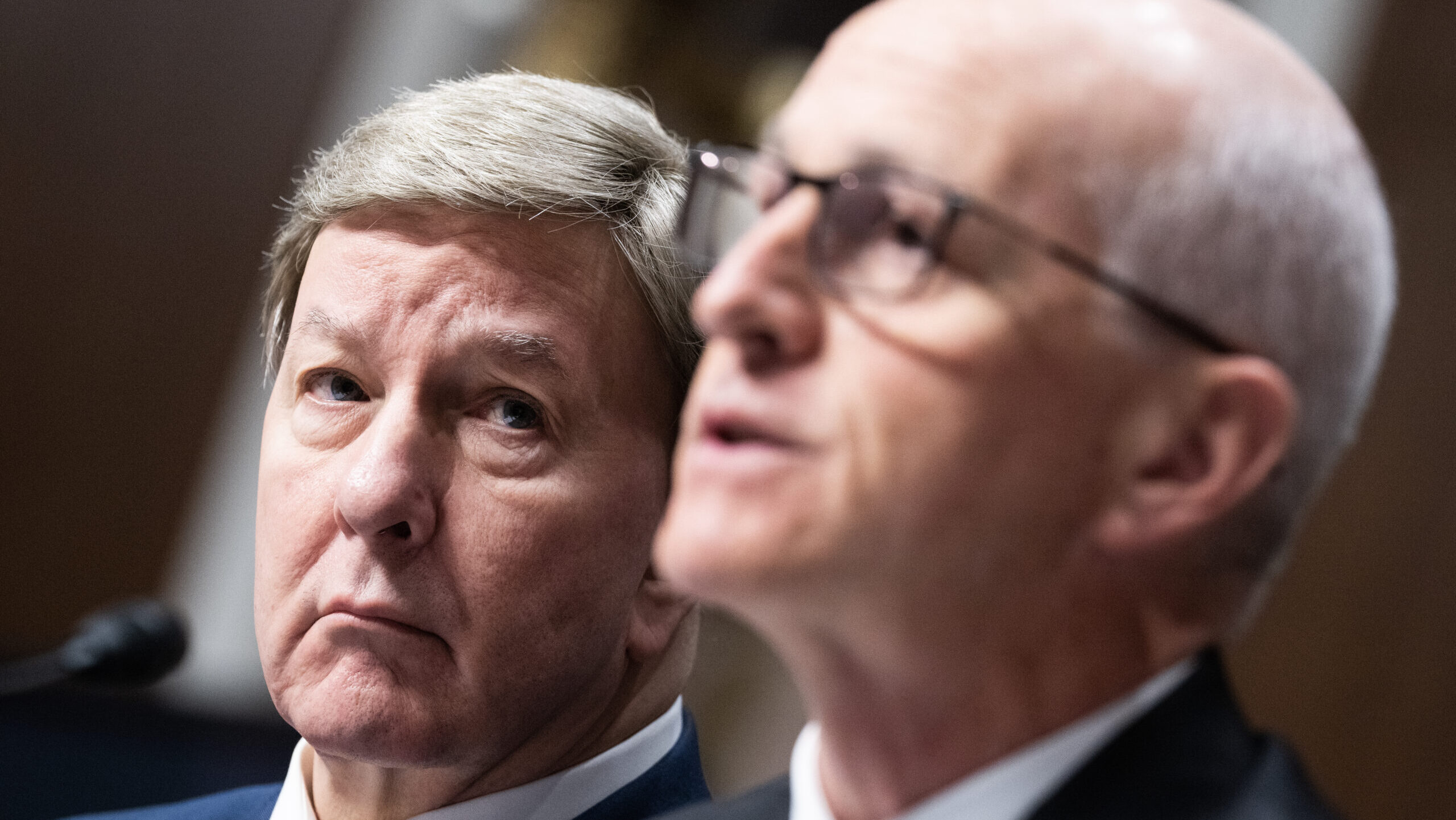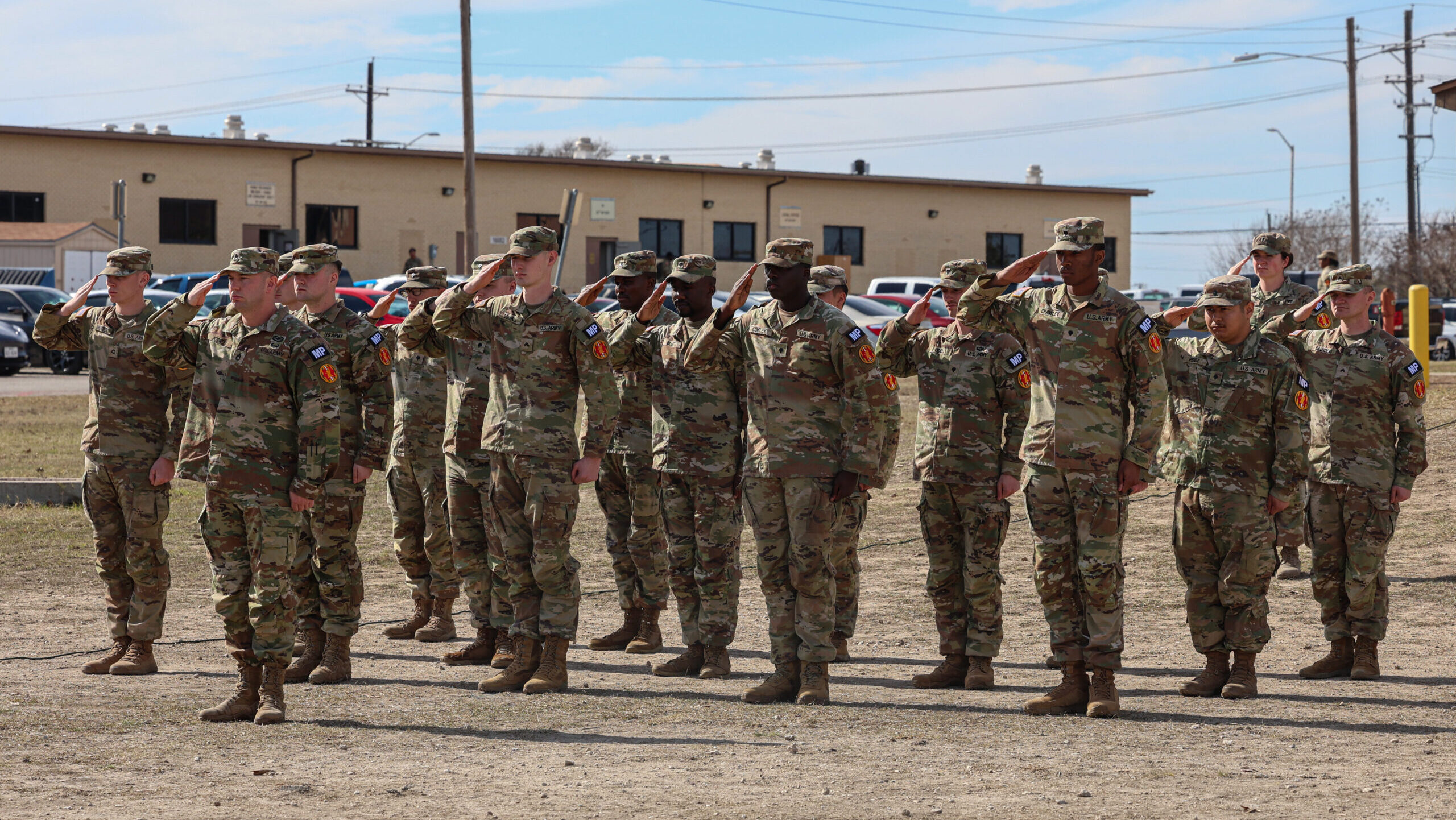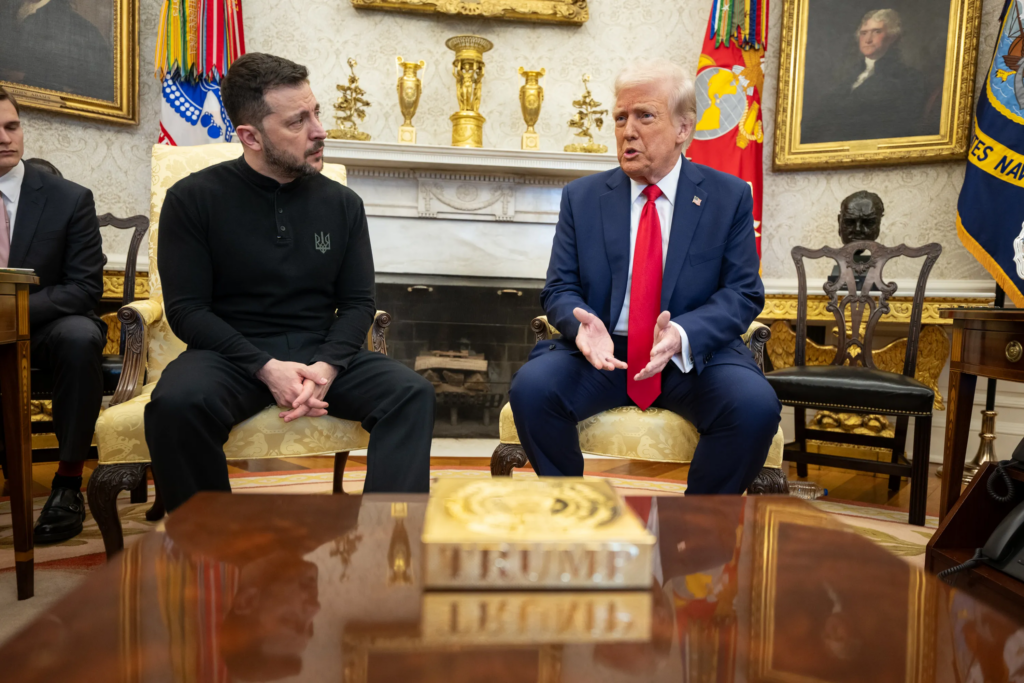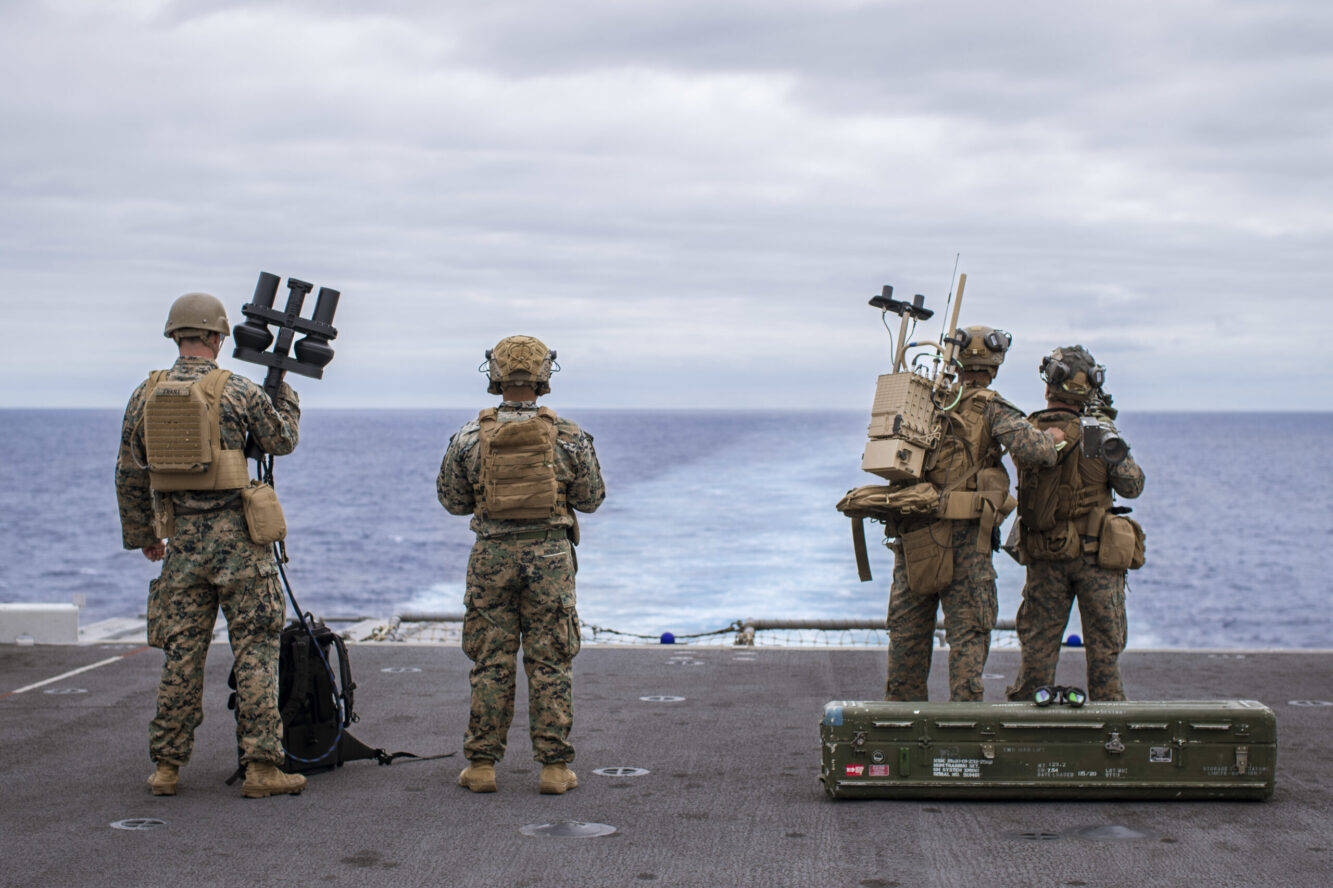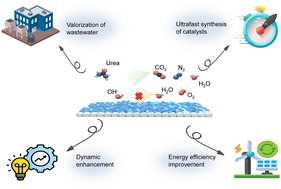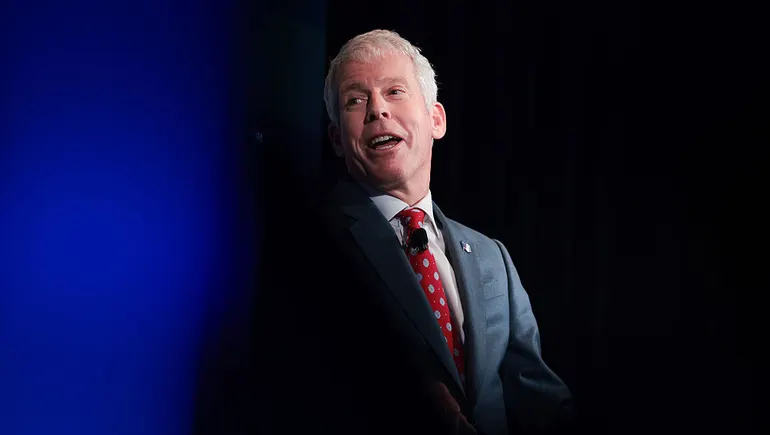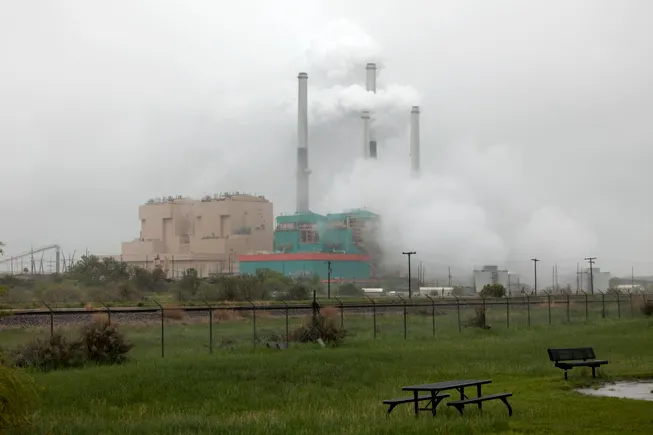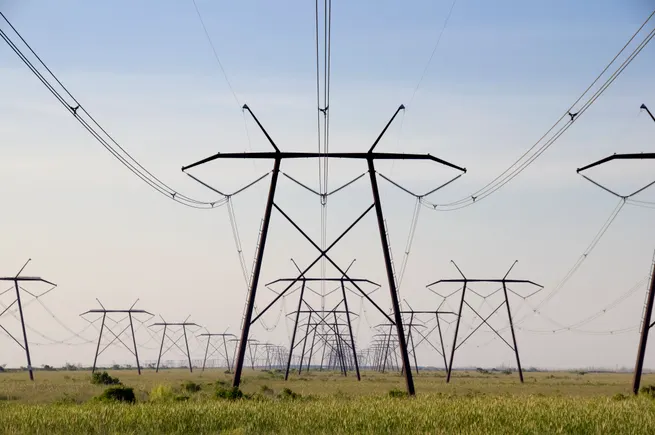Check Call: Using bonded warehouses to help shippers
In this edition: Getting into the benefits of a bonded warehouse, and cross-border doesn’t seem to slow down. The post Check Call: Using bonded warehouses to help shippers appeared first on FreightWaves.


Tariffs for most of the world are still on pause for the next 72 days. April 10, President Donald Trump announced a 90-day pause on tariffs on every country except China. Container ship volume coming from China is dwindling to almost nothing as the 145% tariffs stay in place.
An alternative for shippers with a little flexibility is a bonded warehouse. Bonded warehouses essentially are warehouses where imported goods can be stored without immediately paying duties or tariffs. This arrangement gives importers more control over when, and if, they pay those tariffs.
If a customer has to import a bunch of basketballs from China , tariffs are 145%, and the customer doesn’t need the basketballs immediately, those goods can sit in a bonded warehouse up to five years. Tariffs will only be paid once the goods leave the warehouse. It’s a gamble that tariffs could go down, but it’s a solid solution for those who can’t swing the 145% tariff.
The other option is that customers can use a bonded warehouse to pull out only what they need. So if that same customer needed 200 basketballs to fill an order, then the customer would only pay the tariffs on those 200 basketballs while the rest would sit in the bonded warehouse.
This flexibility can be particularly valuable for businesses facing cash flow challenges or uncertain market conditions. Rather than paying a large tariff bill upfront for an entire shipment, companies can strategically release goods from the bonded warehouse as needed, paying tariffs only on the portion they’re ready to sell or use.
It isn’t a foolproof solution as bonded warehouses are full of their own set of fees and additional charges, but it’s a way to gamble a little to see if despite the extra charges, a shipper could still win out over drastically elevated import taxes.
Not every bonded warehouse is the same. Like most things in the supply chain, it all comes down to contract terms. The fees for storage, sorting, packing, picking, customs, etc. can all vary widely depending on those contract terms. That is why those relationships with freight forwarders and customs brokerages are even more important as uncertainty looms.

Market Check. Jacksonville, Florida, is seeing a capacity squeeze as April comes to a close. The northern Florida market saw a 471-basis-point week-over-week increase in outbound tender rejection rates for an OTRI of 14.53%. Also trending up, albeit at a slower pace, are outbound tender volumes, rising 6.16% w/w.
The sharp increase in tender rejections and the increase in outbound tender volumes has caused the crunch in capacity. Jacksonville is a top 30 freight market, which is sizable but not in the same league as Atlanta or Houston. That being said, spot rates are less impacted by these capacity constraints in the short term. However, since it is a significant w/w increase, spot rates now should be similar to those seen at the beginning of the year.

Who’s with whom. International Logistics Solutions (ILS) is doubling down on cross-border trade, opening a brand-new 115,000-square-foot distribution center in Tucson, Arizona — proof that not even the most “Will they? Won’t they?” U.S. trade policy drama can slow serious logistics players.
“Our major customers are in the automotive and aerospace industries, and some industrial materials,” said Tirzo Gortary, director of the Tucson distribution center. “We see a lot of our logistics parts either getting manufactured for or delivered to GM, Tesla and Ford. Our customers are either customers that had manufacturing in the U.S. and in Mexico, or they could be suppliers that are outside of Mexico, outside of the U.S., that provide raw materials.”
The Tucson facility, strategically placed in the Arizona-Sonora trade corridor — a gateway moving $32 billion in goods annually — acts as a cross-dock and consolidation point. Sonora’s auto suppliers ship 100,000-plus parts daily across the Arizona border.
For 3PL leaders and brokers watching the steady rise of nearshoring and cross-border complexity, the future of freight is increasingly bilingual — and headquartered wherever resilience meets opportunity.
The more you know
5 Things Every Growing Brand Should Know Before Selling to Big-Box Stores
Landstar quantifies suspected fraud event, delays Q1 report
US opens Section 232 probe into truck imports
Ceva Logistics to acquire logistics provider in Turkey
DHL recognised as leader in 2025 Gartner Magic Quadrant for Third-Party Logistics
The post Check Call: Using bonded warehouses to help shippers appeared first on FreightWaves.



































